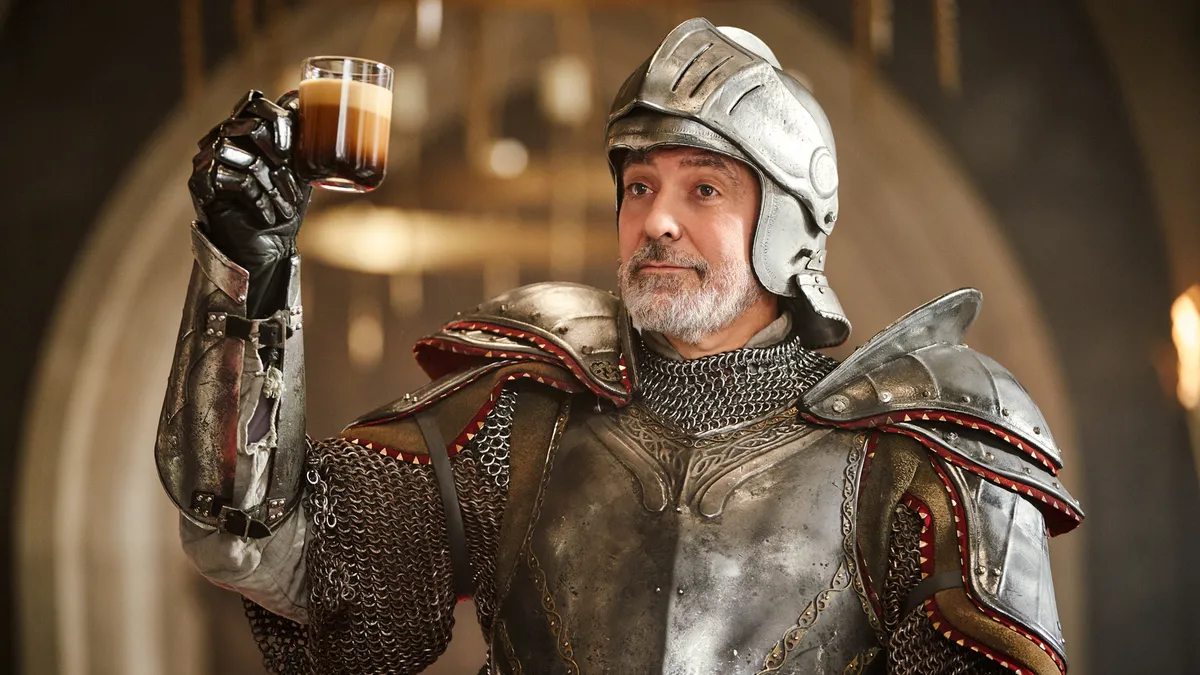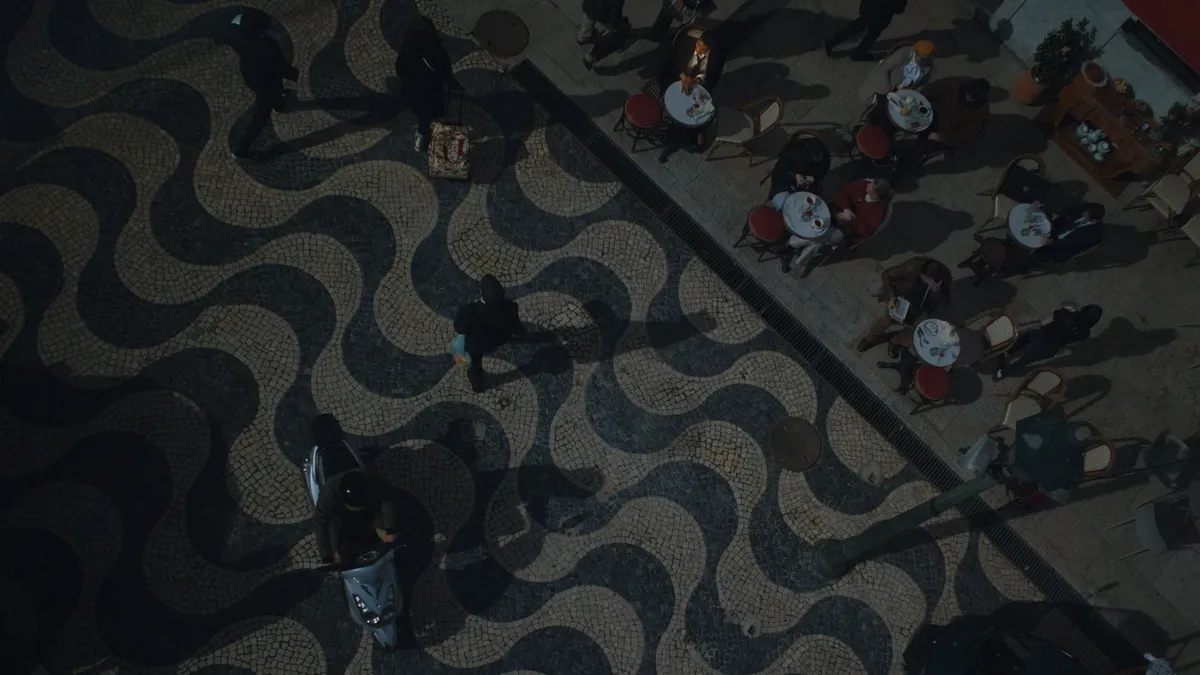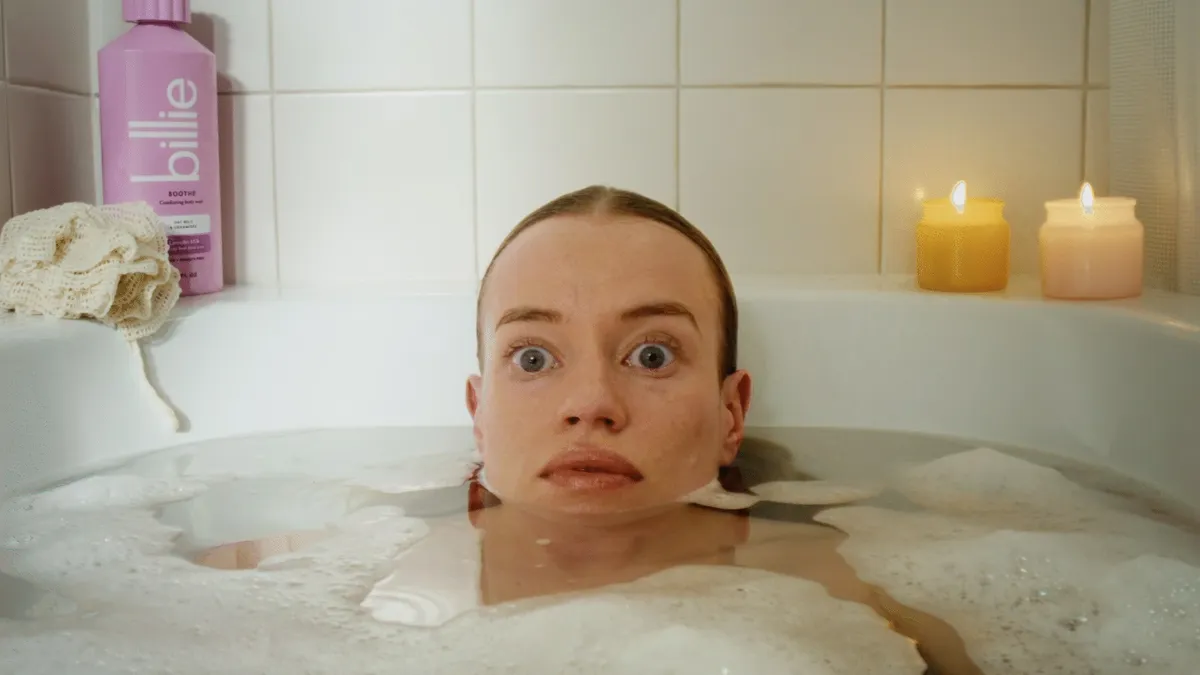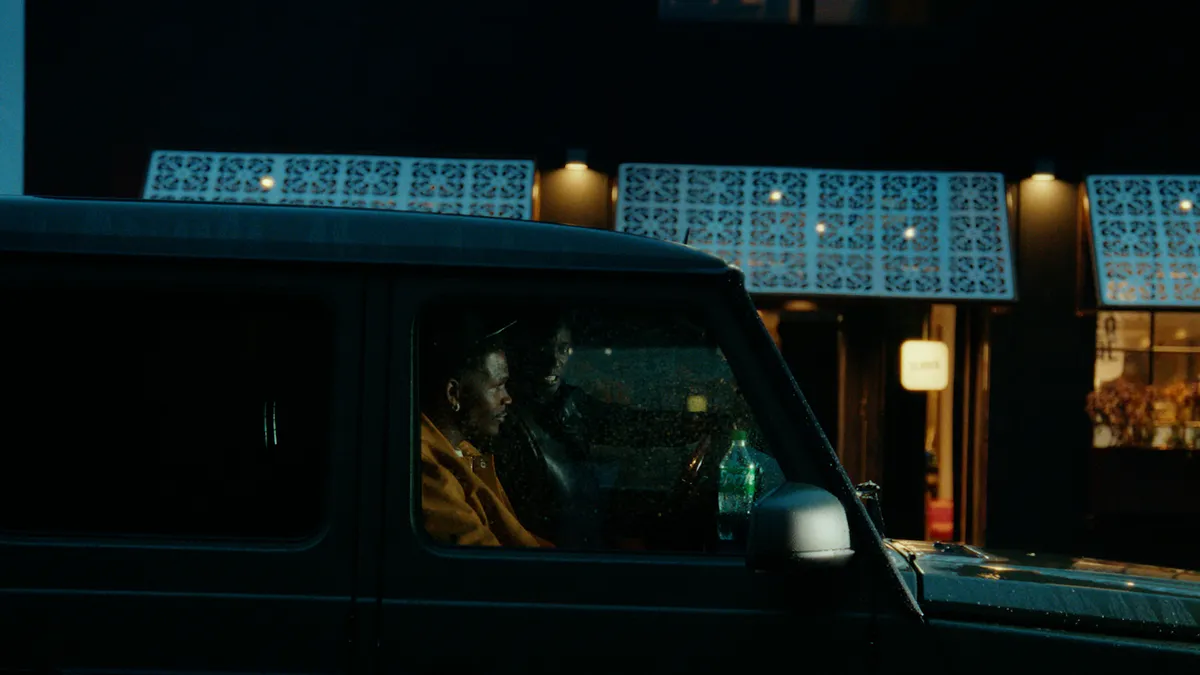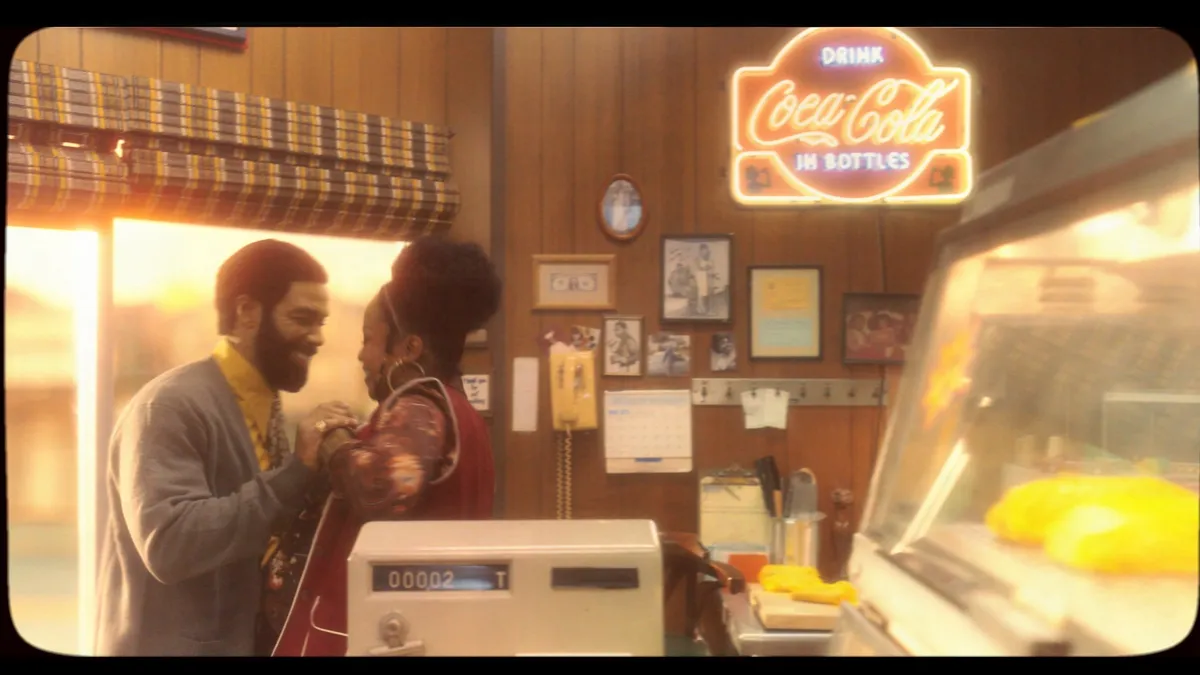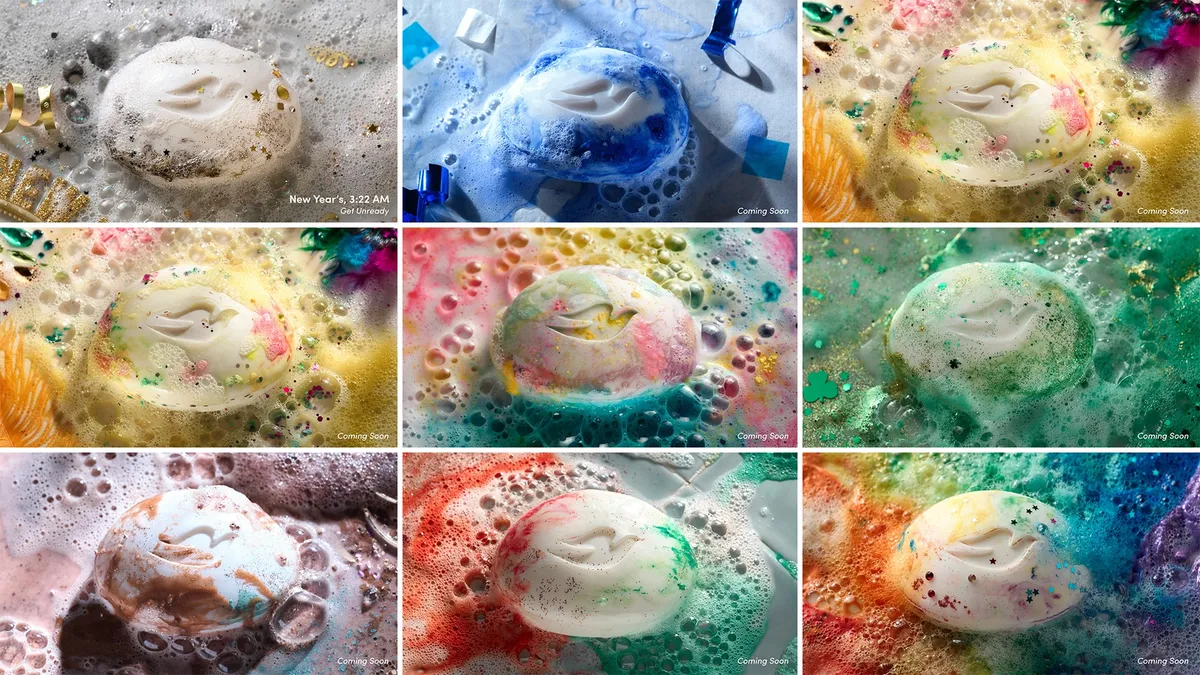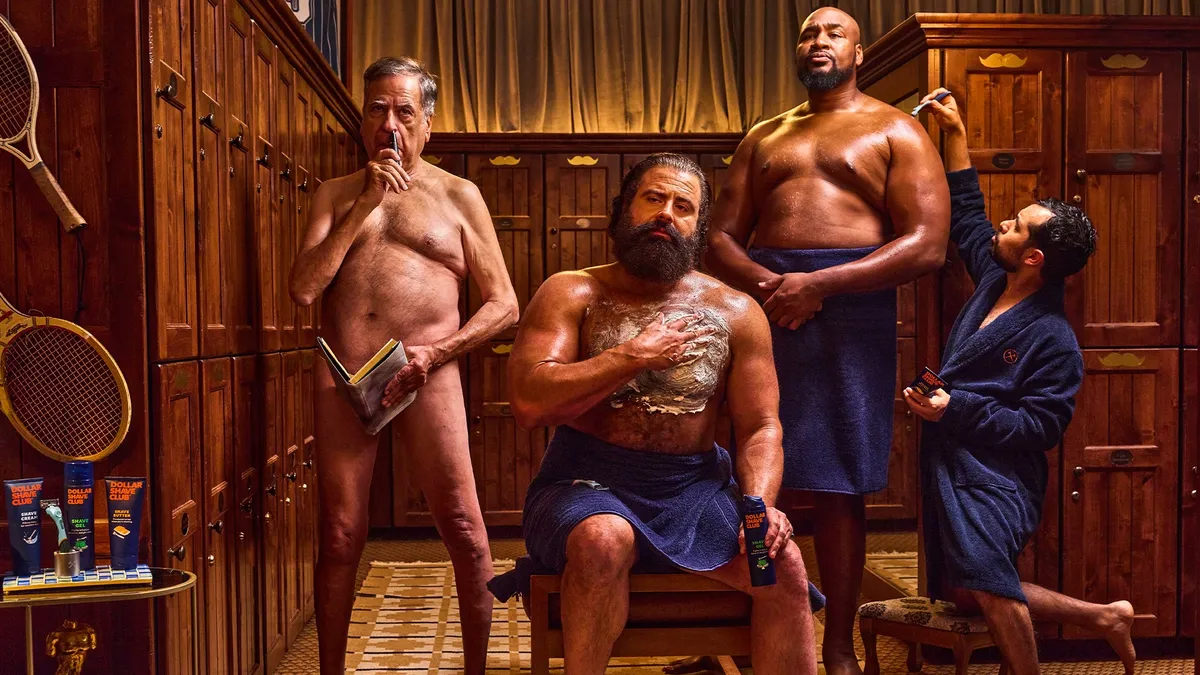Experiential marketing takes a grim turn with a prison-themed Halloween promotion, a celebrity-studded spot recalls "Game of Thrones" and an old-guard CPG marketer looks to 3D printing technology to improve personalization in our editors' picks for the week:
Booking.com hosts the ultimate Halloween sleepover
The rundown: To get into the spooky spirit this Halloween, thrill-seekers can book an overnight stay at a popular historical attraction, the San Francisco Dungeon. The experience, hosted by Booking.com, includes a sleepover in a recreated jail cell from the notorious former prison Alcatraz, along with dungeon-issued pajamas, themed cocktails, a "witching-hour séance," a swag bag of goodies and a ghost story from a "dungeon resident" before bed, according to a press release.
Bookable starting Oct. 24, the overnight "incarcerations" run $66.60 per night for the three evenings leading up to Halloween. The San Francisco Dungeon is part museum, part performance art, where visitors can uncover the city's history and explore the reconstructed "Ghosts of Alcatraz" jail cell. Those that can't attend the haunted sleepover can access some of the dungeon's elements online, including guided séances and the history behind the dungeon's home of historic Fisherman's Wharf.
Booking.com's Halloween offering aims to generate awareness around the travel company's new platform for curating local experiences. The company collaborated with DJ Khaled to promote Booking Experiences, which launched last month and includes a mobile pay-as-you-go offering through personalized QR codes, deals and perks like skipping lines at crowded attractions.
The results: The ultimate Halloween sleepover might help Booking.com nab some of the $9 billion Americans are forecast to spend for the holiday. This season, nearly a quarter of the country also plans to visit a haunted house, according to the National Retail Federation, suggesting the travel company is trying to tap into a tilt toward more experiential Halloween plans.
The experience — which ran for the first time last year — is a weak tool for promoting the Booking Experience platform launch, however. The programming includes few themed features for the folks at home, and none for guests in the "Ghosts of Alcatraz" suite. However, making the experience bookable only on the company's website could drive more people to explore similar offerings.
The promotion comes as localized experiences grow increasingly important in the travel industry, as marketers recognize a shift in consumer preferences toward experiences over products. Guests over the three nights will likely snap photos of their spooky accommodations and post to social media, extending the reach of the campaign beyond word-of-mouth.
—Natalie Koltun
George Clooney goes on a Nespresso quest
The rundown: Nespresso has returned with another 60-second ad starring brand ambassador George Clooney, who has worked with the Nestlé coffee brand since 2006. This time around, the movie star plays a knight who saves the kingdom of a queen (played by "Game of Thrones" actress Natalie Dormer). His reward? Breaking the movie-within-the-ad's fourth wall and searching the "real world" for a cup of Nespresso, as Peter Gabriel’s "Solsbury Hill" plays.
"My work with Nespresso goes beyond the new campaign," Clooney said in a statement. "We share a commitment to sustainability and supporting the livelihoods of farmers and their families, as without them, we wouldn't have this great coffee. Starring alongside them in the campaign is a real honor."
The campaign is Nespresso's largest to date and launched on Oct. 17 in more than 30 countries across TV, digital, print, social media, Nespresso Boutiques, out-of-home and on the company's website.
The results: This is Clooney's eighth 60-second ad with Nespresso. It certainly seems like an advertising approach from a different time, recalling celebrity-starring endorsements geared toward international markets — a relic from the era before internet video.
The likely high cost of the campaign could be mitigated by using such a globally-recognized star. Plus, the cheesy tone and "Game of Thrones" nod and themes could bolster consumer appeal and help the spot earn some online traction.
Nespresso continuing to lean on celebrity endorsements — even one that scores high on recognition, authenticity, trustworthiness and brand match — could be a weaker strategy going forward if the brand wants to court younger consumers, who make up a big part of the coffee market. More than three-quarters of millennials (78%) either don't like celebrity endorsements or are at best indifferent toward them, according to research by Roth Capital Partners.
In other words, celebrity endorsements can look practically medieval these days.
—Chris Kelly
Can Gillette sharpen personalization with 3D printed razors?
The rundown: Procter & Gamble's Gillette brand this week announced a partnership with Massachusetts-based tech firm Formlabs. The two are introducing a new service that personalizes razor handles via 3D printing.
The initiative, called Razor Maker, lives on a special website where visitors can choose from 48 different handle designs and seven colors — black, white, red, blue, green, gray and chrome — with the option to add custom text to their designs. The handles for now only accommodate the brand's Mach3 and Fusion5 ProGlide blades, with prices starting at $19 for a rubberized grip. A fully 3D printed handle starts at $25, with chrome offerings going for $39 and $45 depending on the blade.
Once visitors submit their designs, Gillette will manufacture each handle at its Boston-based headquarters through Formlabs' stereolithography, or SLA, printing machines. Orders take two to three weeks total. Formlabs released a video highlighting how the technology works that's available to view below:
The results: Gillette's response to the market disruption caused by direct-to-consumer (DTC) razor brands like Harry's and Dollar Shave Club appears to be steering further into personalized, bespoke services with the new Formlab's tie-up. The partnership is interesting, as 3D printing has been a much-hyped technology for years, but not one that’s frequently been applied at scale among marketers.
"Historically, 3D printing has been involved in the development or manufacturing processes for most products people interact with every day, but consumers have had little interaction with 3D printing itself," Dávid Lakatos, chief product officer at Formlabs, said in a statement. "These new custom razor handles are the next step towards changing that dynamic and getting 3D-printed products directly into the hands of consumers."
If Gillette can deliver on quality with Razor Maker, it might be able to stymie talks that it's lost an innovative edge amid the rise of DTC brands. The P&G label has also recently slashed the prices of blades and attempted to establish a stronger foothold in the e-commerce areas where its competitors are thriving.
Last year, it launched a subscription razor service closely mirroring the model of Harry's and Dollar Shave Club. It expanded Gillette On Demand earlier this year with more personalization options, but the addition of 3D printing services marks the company cutting out a more distinct, innovative path in its category.
—Peter Adams


